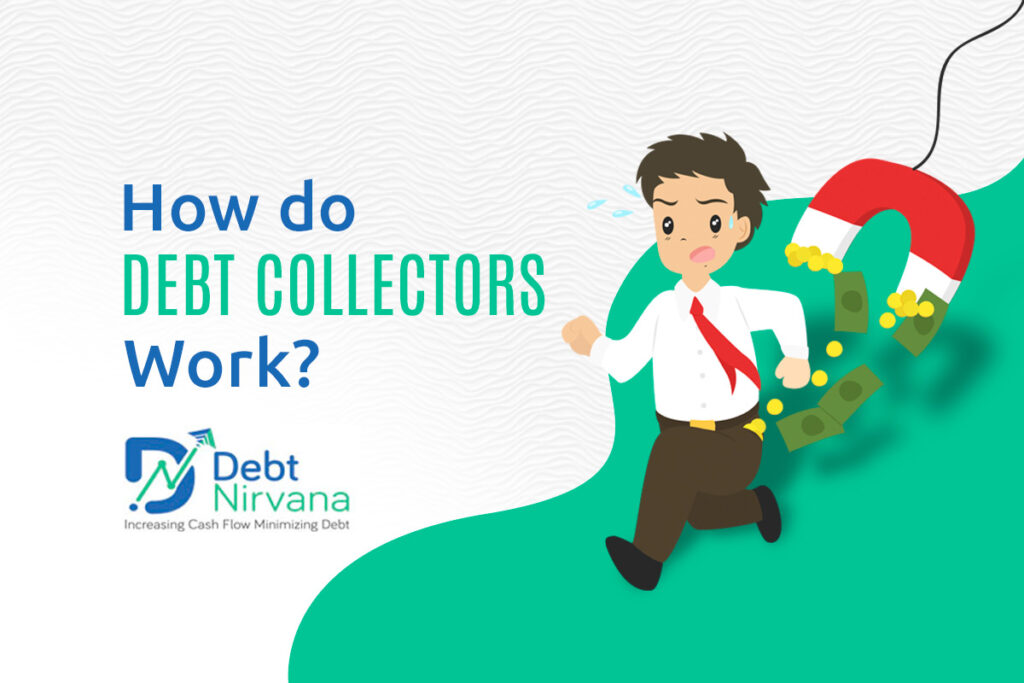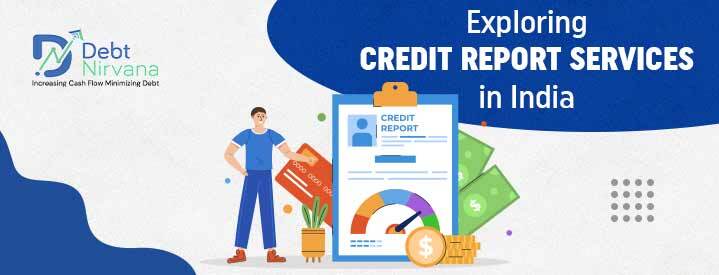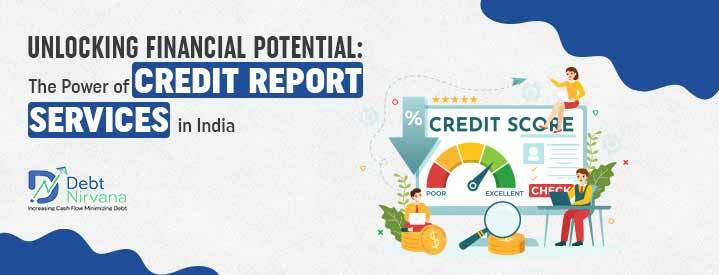
How do debt collectors work?
Uncertain or difficult financial situations can lead a person or group to be indebted to a bank or other such financial entities. For some reason, if this amount is not returned to the creditor after multiple attempts or if the process of trying to get it back costs more than the debt itself, it is considered bad debt.
This amount also gets written off as a loss in the creditors’ balance sheet. The responsibility of bad debt collection goes to associates in collection agencies or independent debt collectors. But how do these debt collectors work to clear the bad debt?
This kind of account resources outsourcing or handing out delinquent debts to a collection agency can benefit both the creditor and the agency. The latter manages to get the amount back from the delinquent account and gives it to the creditor. In return, the agency gets paid a percentage of the bad debt amount, which can be anywhere between 25% to 50% of the amount.
Bad debts can be of various types, such as student loans, credit cards, cell phone bills, and personal loans among others. Hence, agencies tend to specialise in the kind of debts they work on. Creditors can also sell an account’s bad debt to the collection agency for an agreed price. This way, when the debt money is collected back, it stays with the agency.
The agency can execute numerous methods for bad debt collection. It might contact the delinquent person or entity via calls, emails, or messages. It can also suggest a settlement where the repayment amount is lowered after negotiations between the delinquent and the collection agency. However, the agency cannot harass or arrest the opposite party for any debt. Along with account resources outsourcing, any authorised company or person can approach collection agencies for business information reports, credit reports, fraud investigation services, and several other services.




